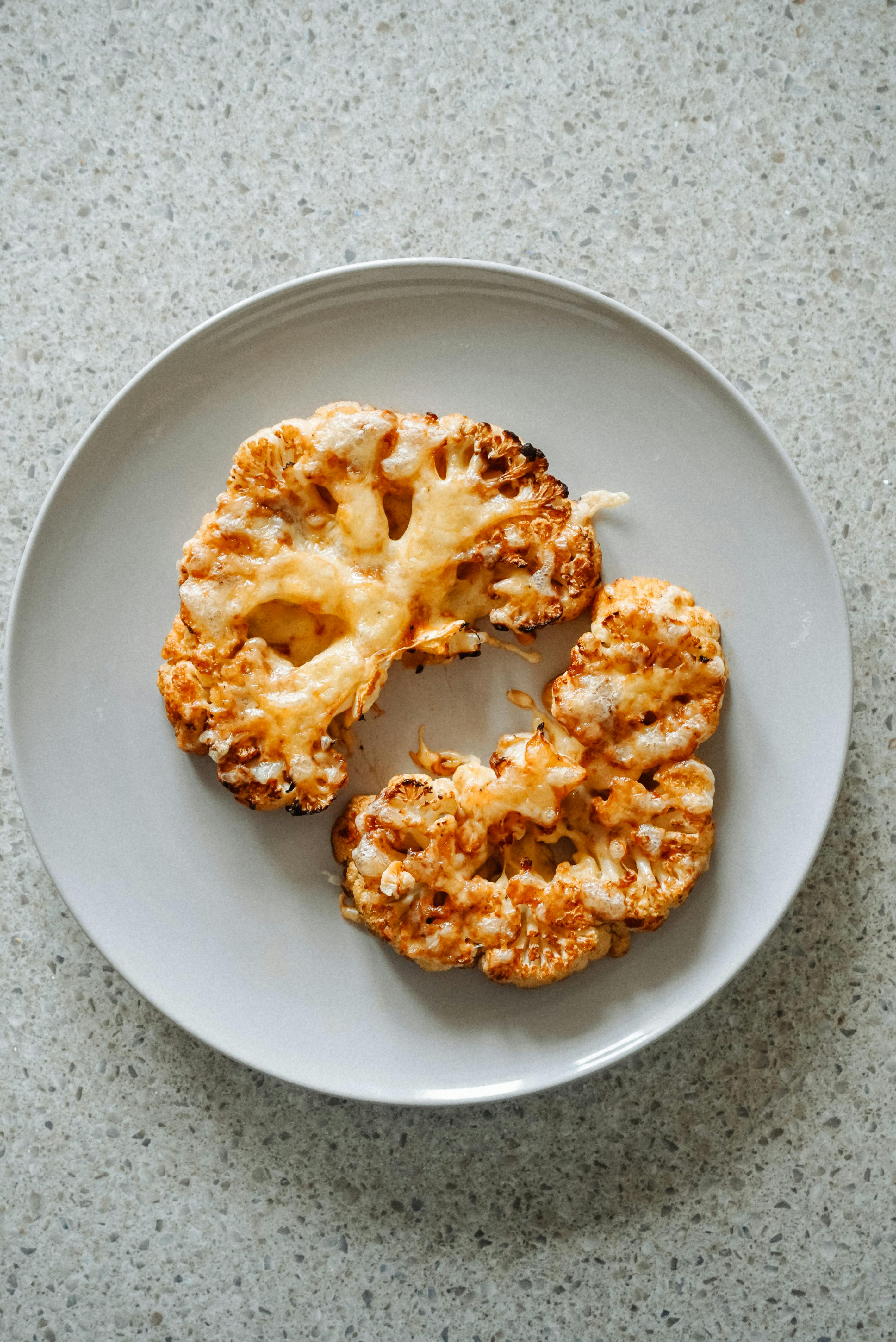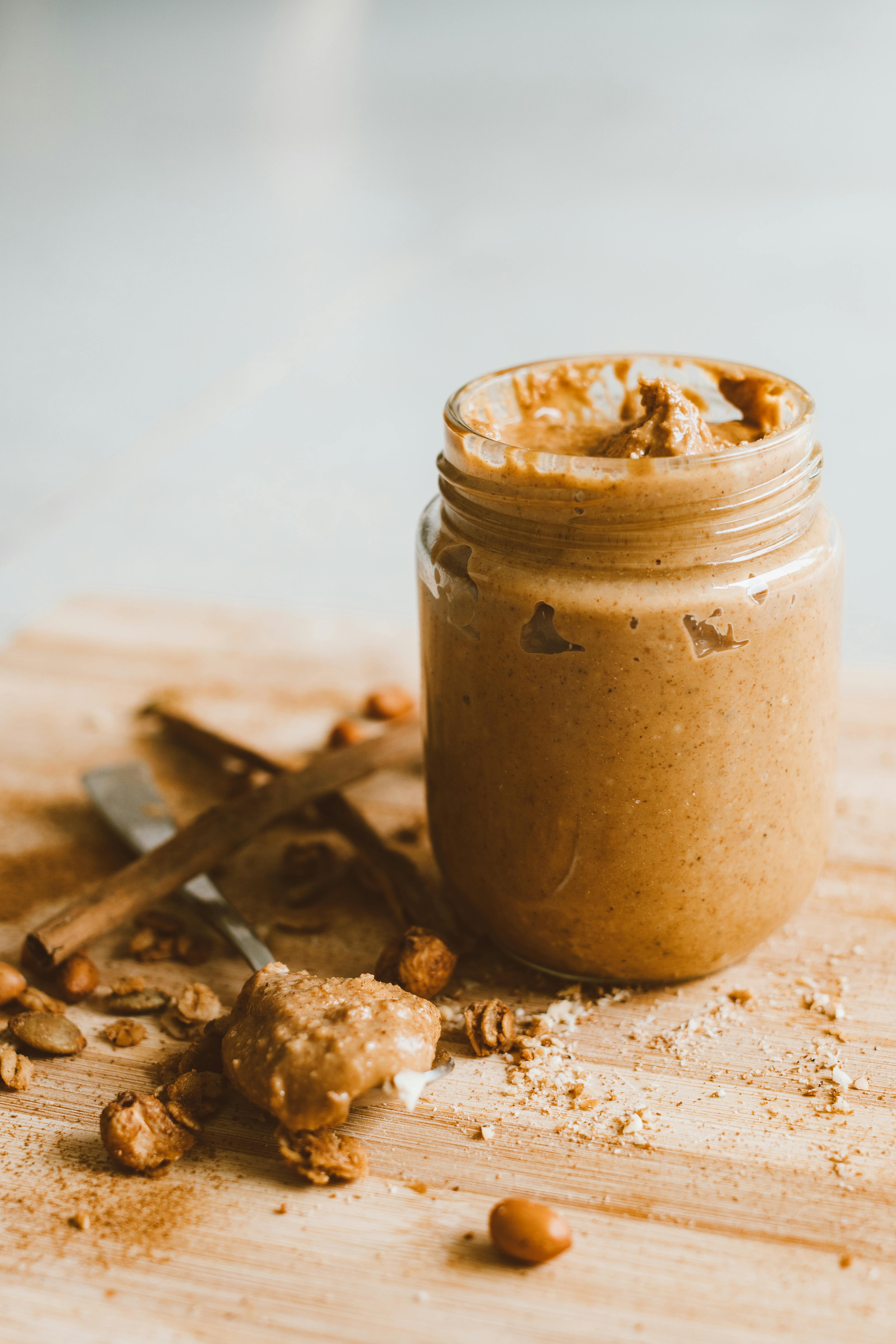Effective Ways to Alleviate Keto Headaches and Enhance Your Diet in 2025
Starting a ketogenic diet can bring about numerous benefits, including weight loss and improved energy. However, many people experience headaches during the transition period, often referred to as a keto headache. Understanding the causes and remedies for these headaches is essential for maintaining a successful low-carb lifestyle. This article explores effective strategies to alleviate migraine symptoms associated with the ketogenic diet, specifically focusing on keto flu symptoms and providing actionable tips to enhance overall diet quality in 2025.
Understanding Keto Headaches and Their Causes
When beginning a ketogenic eating plan, many individuals start to experience various symptoms, including the notorious keto flu headache. This occurrence is primarily due to the body's adjustment to a significant reduction in carbohydrate intake, leading to carb withdrawal headaches as the brain seeks glucose. Commonly reported symptoms include fatigue, dizziness, and of course, headaches. Understanding what triggers these unwanted symptoms is key to effectively managing them.
Keto Headaches Causes: Nutritional Factors
One of the primary reasons for headaches during the keto adaptation phase is an imbalanced diet that lacks essential nutrients. Many experiencing low-carb diet headaches often fail to replace carbohydrates with enough proteins and healthy fats, resulting in nutrient deficiencies. Vitamin and mineral support, particularly magnesium and potassium, play a crucial role in headache prevention. Low levels of these electrolytes can lead to muscle cramps and headaches, both common keto flu symptoms.
Hydration and Keto Headaches
Another often-overlooked factor contributing to keto headaches is inadequate hydration. When the body decreases carbohydrate intake, it excretes more water and electrolytes, leading to dehydration. Drinking sufficient fluids is vital while on a ketogenic diet. Incorporating electrolyte drinks can also help restore balance, thereby alleviating the symptoms. Aim for at least 8-10 cups of water per day, adjusting as needed based on physical activity and climate.
Diet-Induced Headache Triggers
Besides the initial adjustment period, certain foods may also trigger headaches. Processed items and artificial sweeteners found in many keto recipes can lead to discomfort. Instead, focus on whole foods, aiming to achieve a balanced intake of healthy fats, quality proteins, and minimal carbohydrates. Certain food sensitivities, like dairy or nuts, can also exacerbate migraine symptoms for some individuals on a ketogenic plan, prompting the need for personalized adjustments.
Effective Remedies for Keto Headaches
Addressing the discomfort of keto headaches requires turning towards effective remedies tailored to dietary choices. Whether you’re looking at a ketogenic diet migraine or general pain, understanding how to relieve those symptoms can enhance your overall intake. Below are some practical tips that can help foster relief and support your diet transition.
How to Relieve Keto Headache: Practical Tips
To manage headaches effectively, consider implementing the following strategies. Firstly, increasing your daily fluid intake can prevent dehydration. Secondly, ensuring an adequate intake of electrolytes—especially magnesium—can significantly reduce the frequency of headaches. A balanced ketogenic meal planner with nutrient-dense foods, like avocados and leafy greens, can help maintain energy levels while keeping headaches at bay. Regular meals also aid in sustaining stable blood sugar levels, another important factor.
Supplements for Headache Relief
Consider incorporating supplements as needed to deal with electrolyte imbalances or deficiencies. Magnesium supplements, for example, can enhance muscle relaxation and reduce headaches. Additionally, Omega-3 fatty acids may help mitigate inflammation, potentially decreasing the frequency and intensity of keto migraines. Always consult with your healthcare provider before starting any supplement regimen to ensure it fits alongside your dietary strategies.
Dietary Adjustments for Headache Prevention
As you adapt to the keto lifestyle, making dietary adjustments becomes crucial in preventing headaches. This includes avoiding sudden changes in macronutrient ratios, allowing for a gradual adaptation to ketogenic eating. Being aware of potential food triggers contributing to headaches can also assist in forming a sustainable eating plan. For example, tracking foods in a journal for sensitivity can illuminate patterns that affect your well-being.
Long-Term Strategies for Managing Keto Headaches
While the adaptations to **keto** can invite discomfort, establishing long-term strategies can enhance your experience and maintain dietary health. Understanding that managing keto headaches is a process will empower you to navigate these changes more effectively. Below are methods to promote a healthier, headache-free experience.
Headache Prevention on Ketogenic Diet
Preventing headaches while following a low-carb diet hinges on conscious nutrition practices. Ensure you are consuming enough fluids, coupled with a steady intake of balanced nutrients. Engage in meal prepping to have ready-to-eat, nutrient-dense meals on hand, avoiding impulsive choices that trigger headaches. Focusing on whole foods like leafy greens, fish rich in Omega-3, and healthy fats can optimize your diet for success.
Understanding Keto Flu Headache Duration
The duration of keto flu headaches can vary significantly among individuals. Generally, these symptoms may persist for a few days to a week. As your body adapts to using fat as a primary energy source, these symptoms should diminish, making way for improved wellbeing. Staying informed about this timeline can provide reassurance during this transitional phase, reminding you that relief is on the way.
Trigger Identification and Lifestyle Adjustments
Identifying what triggers headaches during your ketogenic eating journey is critical for effective long-term management. Strategies such as consulting with a dietitian or maintaining a food diary can illuminate the foods and conditions linked to headache occurrences. Moreover, balancing work, physical activity, and relaxation can minimize stress as a potential trigger for pain, aligning your life harmoniously as you adapt.
Key Takeaways
- Stay adequately hydrated and consider electrolyte supplementation to avoid headaches.
- Prioritize whole, unprocessed foods in your ketogenic meals to minimize triggers.
- Establish a gradual carbohydrate reduction to ease the transition phase.
- Maintain a balance of vital nutrients to prevent deficiencies contributing to headaches.
- Identify and track potential headache triggers to adjust your eating strategy accordingly.
FAQ
1. What are the most common symptoms of the keto flu?
The most prevalent symptoms of keto flu include fatigue, nausea, dizziness, and headaches. These arise as the body adapts to a lower carbohydrate intake, leading to temporary disruptions in energy balance. Staying hydrated and maintaining electrolyte levels can help alleviate these symptoms during the transition.
2. Can caffeine help relieve keto headaches?
Indeed, caffeine can provide relief for some individuals experiencing keto headaches. It acts as a vasoconstrictor and can alleviate some types of head pain. However, caffeine's effects may vary based on individual sensitivity, and excessive consumption can exacerbate dehydration, so moderation is key.
3. How can I incorporate more electrolytes into my diet?
Electrolytes can be easily replenished through diet. Focus on foods high in potassium like avocados and bananas, magnesium-rich options such as nuts and leafy greens, and sodium through bone broth or seasoned dishes. Additionally, consider electrolyte supplements for convenience.
4. What should I do if symptoms persist longer than a week?
If symptoms linger beyond a week, it's wise to consult with a healthcare professional. Persistent headaches may indicate that adjustments are needed in your diet or hydration status. Regular monitoring and recommendation adjustments can aid in your transition.
5. Are there specific foods I should avoid to prevent headaches on keto?
Yes, certain foods can trigger headaches in some individuals on a ketogenic diet. Common culprits include processed foods, over-processed dairy products, and artificial sweeteners. Keeping a food diary can help identify individual trigger foods to avoid.
6. What are some herbal remedies for mitigating keto headaches?
Herbal remedies such as peppermint tea, ginger tea, and chamomile can offer natural relief for headaches. These options can help with relaxation and pain relief without adverse side effects associated with over-the-counter medication.
7. Should I consult a nutritionist if I'm struggling with headaches on keto?
Absolutely! Consulting a nutritionist can provide personalized advice and support to navigate dietary issues. They can help you craft a meal plan tailored to your needs and preferences while ensuring nutritional adequacy.


